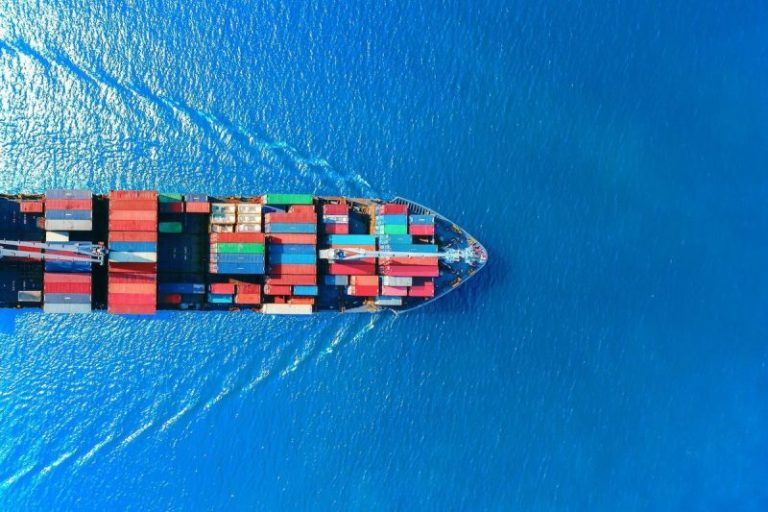Fifty-one years after dispatching its first shipment, Rio Tinto (ASX:RIO,NYSE:RIO,LSE:RIO) has sent a cumulative total of 4 billion tonnes of iron ore from the Pilbara region in Western Australia to China.
According to a press release from the major diversified miner, this landmark shipment was dispatched on July 19 from Dampier Port, headed for China Baowu Steel Group, the world’s largest steel producer.
To give an idea of scale, Rio Tinto said 4 billion tonnes of iron ore is sufficient to produce the steel required for approximately 45,000 Sydney Harbour Bridges, or over 23,000 Beijing National Stadiums.
Over the past five decades, China has grown to become Rio Tinto’s largest customer, with annual shipments averaging about 250 million tonnes of iron ore. Rio Tinto’s collaboration with China began in 1987 with the Channar joint venture, marking China’s first investment in a foreign mining project and its largest foreign investment at that time.
This partnership laid the groundwork for numerous subsequent projects over the following decades.
Rio Tinto’s latest partnership with China is the Western Range project with China Baowu. Production from this new mine is expected to begin in 2025, and it has an anticipated annual capacity of 25 million tonnes of iron ore.
Simon Trott, Rio Tinto iron ore chief executive, highlighted the significance of the company’s relationship with China and expressed pride in Rio Tinto’s role in supplying the iron ore used in the steel that supports China’s infrastructure.
‘Every time I visit China and see the skyscrapers, the high-speed rail, and all the infrastructure, it makes me proud to think that most of what I see contains steel made with Rio Tinto iron ore,’ he said in the company’s release.
Securities Disclosure: I, Giann Liguid, hold no direct investment interest in any company mentioned in this article.

